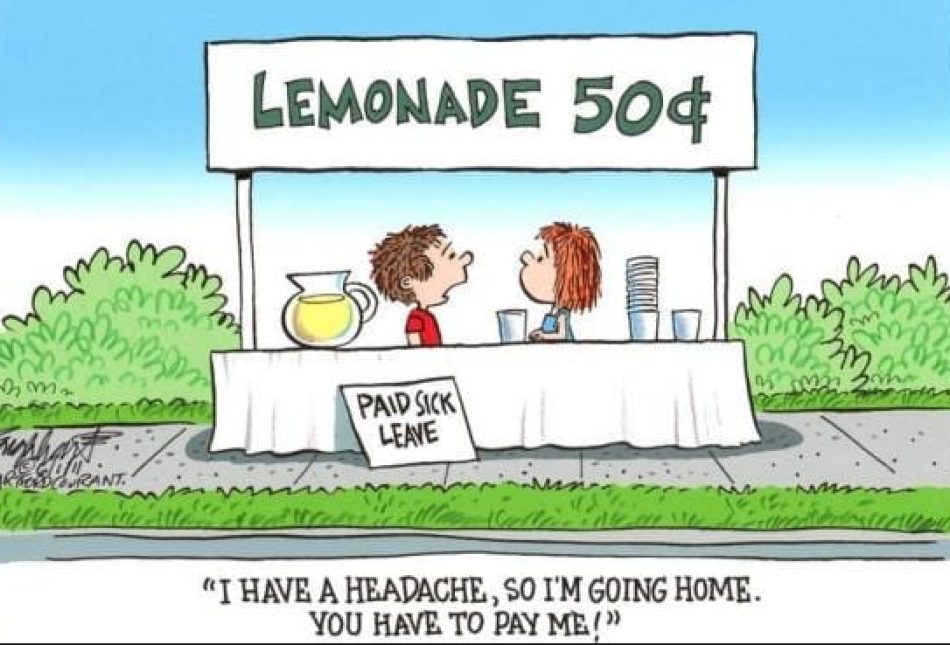Viewpoint: Sick leave mandate would be another blow against young workers


Proponents of the mandatory sick leave ordinance are touting the benefits of yet another new local government mandate. The City’s elevated minimum wage is apparently not luring Millennials to town. Now, mandatory sick leave is being put on the ballot for consideration this fall.
The economic issues faced by this City/State are the result of too few jobs. Low wages are the result of plentiful low-skilled labor. Both data and anecdotes bear this out.
New Mexico’s unemployment is 6.2 percent, second-highest in the nation (as of June). Earlier this year, 10,000 people applied for 290 jobs at the Cheesecake Factory (a chain restaurant). Piling more rules and regulations upon businesses and job creators will result in fewer jobs for young people.
A new study using data from Connecticut backs up that claim. Connecticut adopted mandatory sick leave in 2012. The report by Dr. Thomas Ahn of the University of Kentucky is the first to examine multiple years of Census Bureau data (2012-2014) on the impact of Connecticut’s first-in-the-nation state paid sick leave law.
To isolate the effects of the paid sick leave law, Dr. Ahn compares Connecticut to the five surrounding New England states, and controls for other relevant economic factors that might be responsible for changes in employment.
Dr. Ahn finds that the fraction of employees working at companies with paid sick leave benefits rises from virtually zero at ages 18 to 20 to about 70 percent for workers in their mid-30s and above. He thus expects a new benefit mandate to have the greatest potential for negative impact on younger employees, who are less likely to have the benefit currently.
Among his findings:
Younger employees in Connecticut aged 20-34 saw a 24-hour reduction in annual hours worked. For a part-time employee in the service industry, that’s the equivalent of roughly one lost week of work per year. These employees lost $850 per year in annual income, the equivalent of 3.5 fewer pre-tax paychecks for someone working part-time at the state’s minimum wage.
There are also other consequences to consider: In forthcoming research, Dr. Ahn and his colleague Dr. Aaron Yelowitz find that recent paid sick leave policies in the United States have increased employee absenteeism by 1.2 days per year. Notably, these absences do not tend to occur in times of the most severe influenza outbreaks—suggesting that employees may be using the benefit even when they’re not sick.
There is no doubt that sick leave is a nice benefit to have. However, a one-size-fits-all mandate imposed from the date of hire is the wrong approach. After all, businesses are clearly willing to offer sick leave as a benefit especially as workers gain skills and time in the workforce.
This mandate is not flexible. It will make jobs and job experience further out of reach for young people, especially those in part-time jobs working their way through college. Tracking will be a nightmare as will be the potential legal issues it thrusts upon employers. Ultimately, another mandate is exactly what this community needs if the goal is to push more young people and businesses into Texas and out of New Mexico.
Paul Gessing is the President of New Mexico’s Rio Grande Foundation. The Rio Grande Foundation is an independent, non-partisan, tax-exempt research and educational organization dedicated to promoting prosperity for New Mexico based on principles of limited government, economic freedom and individual responsibility
